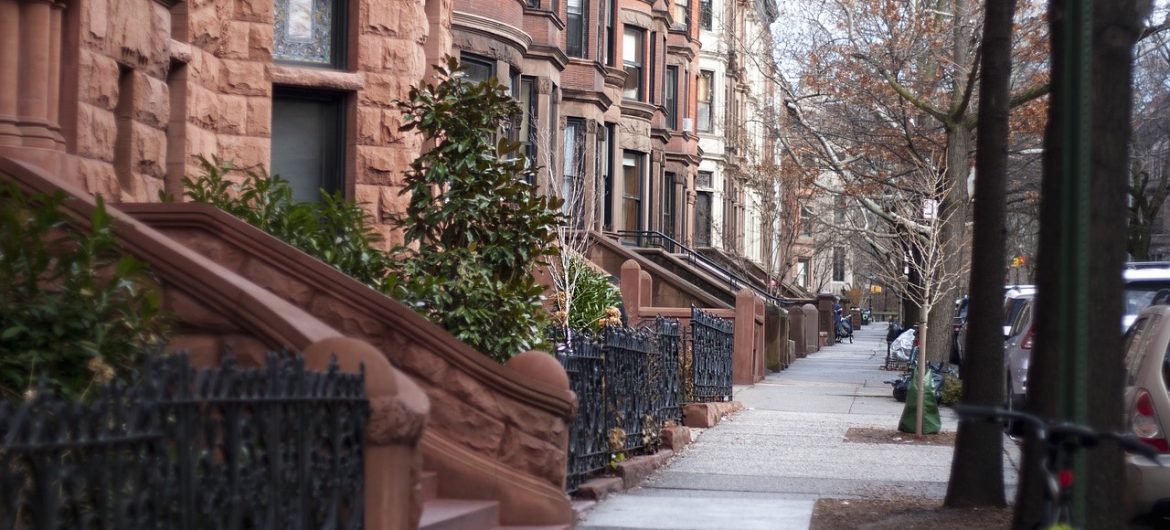New York City borough Brooklyn has become a battle ground for several high profile co-living startups and platforms. Companies like Quarters, Common and The Collective have all planned large co-living spaces in the borough.
As a matter of fact, 15 co-living companies have opened up shop in New York City, up from ten just one year ago, according to Brick Underground. Many of them have taking a particular interest in Brooklyn, thanks to its millennial-focused demographic.
“Students, young people, are a lot more willing to consider an arrangement like co-living. The demand is driving the supply,” said Jeff Holzmann, COO of iintoo, a global commercial real estate investment firm. ”New York City is going to accommodate that.”
UK-based The Collective has planned several high profile spaces throughout Brooklyn, each set to be made available in coming years. There is a 100,000 square-foot development going up in Williamsburg, Brooklyn that will contain 224 units. The company has also purchased large lots in two other spots throughout Brooklyn, as well as one mere blocks from Brooklyn, in Long Island City, Queens.
Common, which actually launched in Brooklyn, has continued to expand their portfolio, with nearly 20 co-living spaces located throughout the borough, and many more in Ridgewood, Queens, which is directly adjacent to Brooklyn.
Quarters recently announced plans for a location Bed-Stuy, Brooklyn, which will boast over 23,000 feet of residential space, in addition to other forthcoming locations. Other companies, like Roomrs, Dwell and Outpost Club have all recently set up shop in New York City’s most populous borough.
So what is it about the borough that has become so attractive to co-living startups?
Brooklyn boasts over a million millennials, as of 2019, who are often involved in professions that force them to be digital nomads.
“Brooklyn, draws young tech and creative entrepreneurs with its vibrant community culture,” Quarters CEO Gunther Schmidt told Forbes.
There’s also the harsh anonymity of living in a large urban area such as New York City, which could force young professionals to seek connection with like-minded individuals, something that co-living spaces specialize in.
Finally, there are the same economic concerns that have caused co-living to rise as a viable platform throughout the rest of the world. Wages are fairly stagnant and buying a home is often out of reach for millennials. This increases exponentially in Brooklyn, where the average price of a home is $664,000.
“The cities we’re seeing this happen in experience a huge affordability crisis,” Dana Dunford, the CEO of Hemlane, a property management and leasing software company, spoke to Fox Business about the rise of co-living platforms.
photo credit: pixabay





